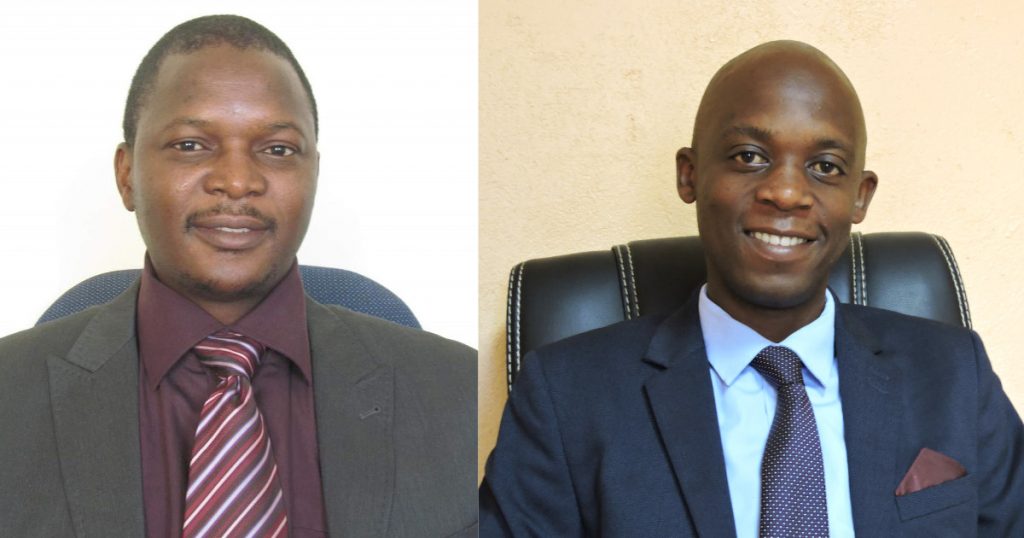ⓒ Morten Bak
The future of e-waste in Africa
Driven by the vision on an Internet for Everyone, The Internet Society (ISOC) Zimbabwe Chapter runs programs aimed at making a difference locally, informing policy, and educating the public about Internet-related issues. In collaboration with the Center for Advanced Research in Global Communication, they are a 2021 awardee of our Research Grant Programme that examines the impact of the Internet on the environment. We spoke with Dr Vusumuzi Maphosa, lead Researcher and Jasper Mangwana, ISOC Zimbabwe President to learn more about this project and what it hopes to achieve.

How long has the ISOC Zimbabwe chapter been in existence, and what are its main areas of activity?
ISOC Zimbabwe was established in 2013 and our activities are mainly centred in three areas: growing the Internet, making it stronger, and using it to empower people and their communities. The chapter has made a significant impact in the nation by connecting the unconnected through community networks, and mobilizing and supporting the public to participate in the Internet space. Since its establishment, ISOC Zimbabwe has worked with both the public and private sectors and always uses research-based evidence to inform its policy and practice.
The chapter recently received a $79,000 grant from the Internet Society Foundation that will support research on electronic waste management (e-waste). Why did you choose to focus on e-waste, and what does your research aim to do?
The past ten years have seen an unprecedented adoption of ICT devices in Zimbabwe. At the same time, the lifespan of these devices (e.g. mobile phones, chargers, computer monitors), has been reducing over the years, leading to a situation where devices are discarded and dumped as e-waste into landfills. Because discarded e-waste is a source of valuable metals (e.g gold), an informal economy has emerged in which people extract and recyle these metals to earn a living, often using rudimentary methods that risk their health and the health of our environment. Zimbabwe does not have any specific legislation to govern the importation, management and disposal of electronic waste. Our study, therefore, aims to raise awareness, improve e-waste management practices and appeal to policymakers to develop policies for managing e-waste. Through various advocacy strategies, the research will lay the groundwork for evidence-based practices to control the import, reuse and recycling of ICT devices.
You will be doing this research on e-waste in partnership with several other researchers around the world. Why did you approach the project in this way, and what is the final product you hope this global collaboration will produce?
The collaboration with the Center for Advanced Research in Global Communication provides a global perspective on the e-waste management problem. The research looks at the entire value chain from the extractive mines in South Greenland and Zimbabwe to the Amazon data centres. It includes evaluating energy and waste management politics at the data centres in Virginia and California, as well as tracing the transnational movement of e-waste in US-Mexico landfills. Finally, the research looks at post-consumption in Zimbabwe, where some second-hand electronics are exported, marking their final life cycle stage. This partnership will enable the teams to share research data and conduct a joint symposium, thus expanding the project scope. Along with the networking and learning opportunities that this collaboration will provide, ultimately we look forward to producing a body of research that will inform solutions to the e-waste management challenges our world faces.
Our research grants are open for applications on a rolling basis. Current thematic areas open to researchers are: Greening the Internet, The Internet Economy, A Trustworthy Internet, and Decolonizing the Internet.
